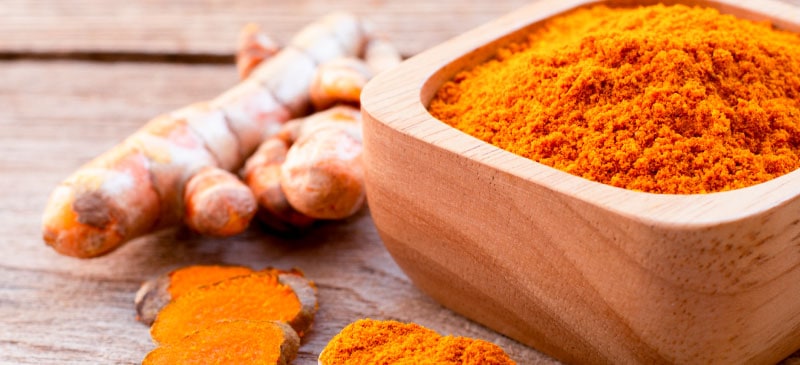
Turmeric Benefits & Uses: Does This Herb Really Combat Disease?
Introduction:
Turmeric, an ancient herb with a vibrant golden hue, has captured the attention of health enthusiasts around the world. With its long history of traditional medicinal use and a growing body of scientific evidence, turmeric has emerged as a promising natural remedy. In this article, we delve into the various benefits and versatile applications of this remarkable herb.
Section 1: Understanding Turmeric
Turmeric, scientifically known as Curcuma longa, belongs to the ginger family and is predominantly cultivated in South Asia. Renowned for its culinary use in Indian cuisine, turmeric is celebrated not only for its distinctive flavor but also for its medicinal properties. The active compound responsible for many of its health benefits is curcumin, a powerful antioxidant and anti-inflammatory agent.
Section 2: Anti-Inflammatory Properties
Numerous studies have demonstrated the potent anti-inflammatory effects of turmeric. Curcumin, the key component, inhibits certain enzymes and signaling molecules that promote inflammation in the body. As a result, turmeric consumption has been associated with alleviating symptoms of chronic conditions such as arthritis, asthma, and inflammatory bowel disease.
Section 3: Antioxidant Powerhouse
Turmeric’s antioxidant properties are attributed to curcumin’s ability to neutralize harmful free radicals, which can cause cellular damage and contribute to the development of chronic diseases. By scavenging these free radicals, curcumin helps protect the body against oxidative stress, reducing the risk of conditions like heart disease, cancer, and neurodegenerative disorders.
Section 4: Potential Cancer-Fighting Abilities
Emerging evidence suggests that curcumin may possess anti-cancer properties. Studies have shown its ability to inhibit the growth of cancer cells and prevent the formation of new blood vessels that supply tumors. Although further research is needed, turmeric shows promise as a complementary approach to cancer prevention and treatment.
Section 5: Promoting Digestive Health
In traditional medicine, turmeric has been utilized for centuries to support digestive health. Its anti-inflammatory properties can alleviate symptoms of gastrointestinal disorders such as indigestion, bloating, and irritable bowel syndrome. Additionally, turmeric stimulates the production of bile, aiding in the digestion of fats.
Section 6: Other Potential Benefits
Beyond its well-documented effects, turmeric exhibits a range of other potential benefits. It may help lower cholesterol levels, manage diabetes by improving insulin sensitivity, enhance cognitive function, and promote skin health by reducing signs of aging and combating skin conditions like acne and psoriasis.
Section 7: Incorporating Turmeric into Your Routine
Adding turmeric to your diet is a simple and enjoyable way to harness its health benefits. It can be used as a spice in various dishes, brewed into teas, or consumed as a supplement. However, it’s important to note that curcumin’s bioavailability is limited, and combining turmeric with black pepper or fats can enhance its absorption.
Conclusion:
Turmeric, with its active compound curcumin, offers a multitude of potential health benefits backed by both traditional wisdom and scientific research. From its anti-inflammatory and antioxidant properties to its potential anti-cancer effects and digestive health support, turmeric has earned its reputation as a valuable natural remedy. By incorporating turmeric into your daily routine, you can unlock its many advantages and nurture your well-being in a holistic manner.